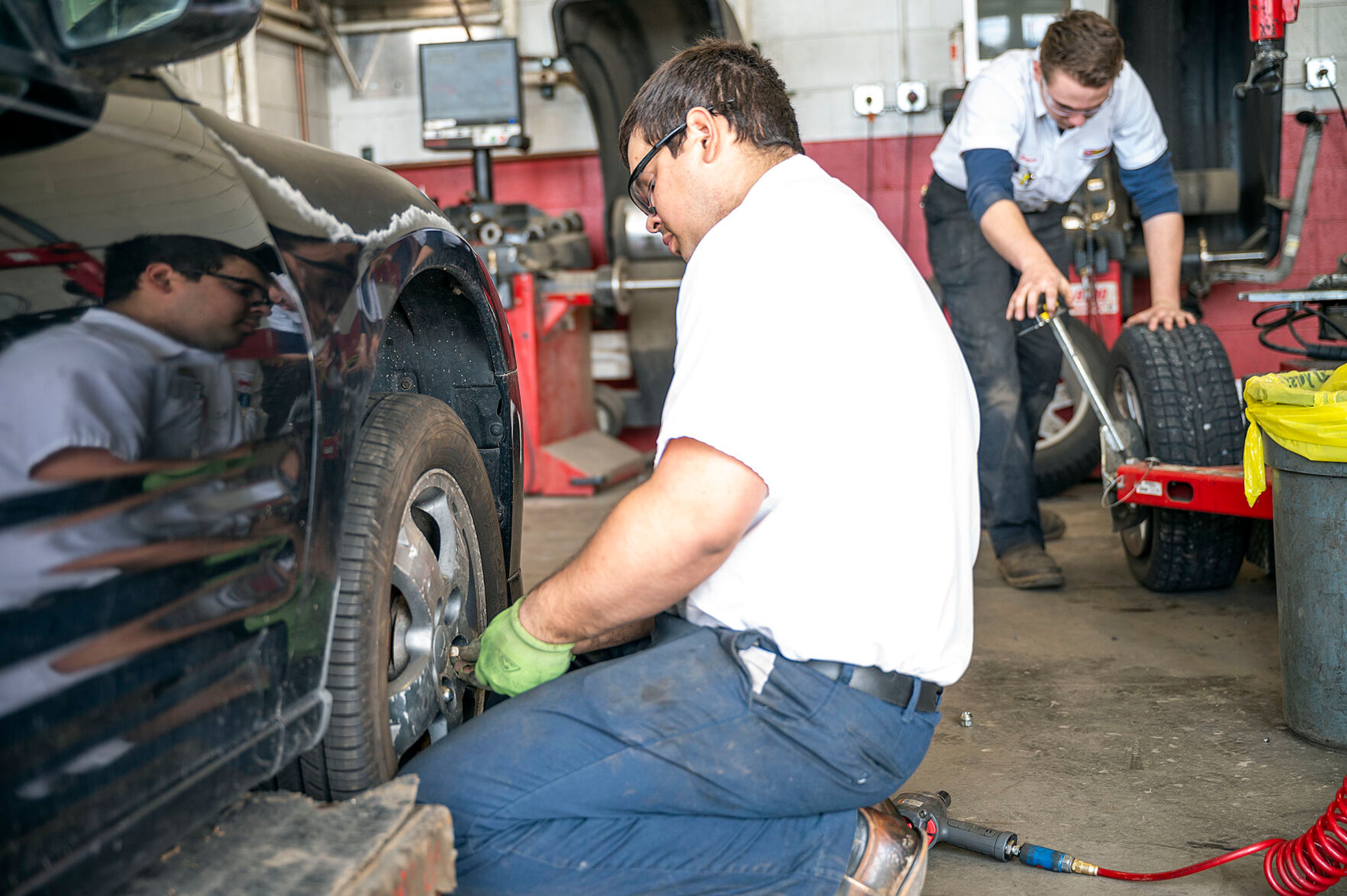Latah County passes $21 million budget
Property owners will pay about $380 on $100,000 assessed property valuation — the lowest amount since 2008
The slight property tax budget increase next fiscal year in Latah County will be offset by rising property values, making the amount taxpayers owe on a $100,000 assessed property valuation the lowest since 2008, Latah County Clerk/Auditor/Recorder Henrianne Westberg said.
Westberg told Latah County Commissioners and other elected officials and department heads during her presentation Wednesday of the fiscal 2021 budget, which will start Oct. 1, that a property owner will pay $380.66 on a $100,000 assessed property valuation. It was about $393 in 2008. The $380.66 due in taxes will be a $25.52 savings from the current budget year and a $56.18 savings from 2018.
The commissioners approved the $20,995,519 fiscal 2021 budget during Wednesday’s meeting. It is $424,341 more than the current budget. The property tax budget will be $10,702,186, an increase of $137,493 from the existing budget.
Latah County property taxes have increased at the maximum allowable 3 percent each of the past four years but the new budget calls for no property tax increase except for new construction value.
“The commissioners requested that we not increase taxes during this time of pandemic and to only increase salaries as much as was needed to offset the increased cost of our medical premium,” Westberg said.
All employees and elected officials will receive a 2-percent increase in salaries or hourly wages. Westberg said no new positions will be hired next year.
“Basically, we were asked to sharpen our pencils, see where we could save and to factor in reduced revenue projections during this time of economic downturn,” Westberg said.
“We did a fantastic job of saving wherever we could,” Commissioner Dave McGraw said.
The $8.8 million Justice Fund, which includes the sheriff’s office, court clerks, probation services and prosecuting attorney’s office, makes up about 42 percent of the budget and includes almost twice as many employees as the other departments, Westberg said.
From a category standpoint, salaries and benefits of county workers make up $13.2 million of the nearly $21 million budget, or 63 percent.
The commissioners discussed but did not make a decision on whether to accept $1.9 million in state initiative funding that would provide property tax relief to taxpayers.
Gov. Brad Little proposed a Public Safety Initiative Grant, which is expected to provide funding for public safety payroll expenses to city and county governments that agreed to participate in the initiative and further agreed to provide the resulting savings as property tax relief to the taxpayers of the participating local governments by foregoing the taxes that would otherwise traditionally have been collected.
The county commissioners approved a letter of interest last month expressing support for the property tax relief plan.
“Our basic feeling at first was, oh great, this is going to help our taxpayers reduce their tax burden,” Westberg said. “But then looking at the legality of it, it seemed like maybe we better step back and think about it.”
After deep thought and visiting with other county clerks in Idaho, Westberg said she doesn’t think the initiative is an appropriate use of federal coronavirus relief funds based on the government’s rules outlining how the money can be spent.
Commissioner Kathie LaFortune raised similar concerns Wednesday, and so have other county officials throughout the state the last couple months.
Commission Chairman Tom Lamar said the initiative does not seem like a good idea nor legal, but it would be a nice thing to do for property taxpayers.
Lamar said the Idaho House Republicans’ 48-20 vote Tuesday to immediately terminate Little’s statewide coronavirus emergency declaration adds more confusion to the initiative. An attorney general’s opinion said the resolution likely would not stand up to a legal challenge, if it were to pass the Senate, because it falls outside the scope of the special session as called by the governor.
“If that comes forward, how could we even possibly use federal dollars for some expenses after the date that that would go into effect?” Lamar said. “So I think that that just further complicates this issue as well.”
Latah County Treasurer BJ Swanson said large commercial property owners would reap great property tax relief if commissioners accept the $1.9 million, but a small single-family homeowner would experience very little relief.
The commissioners must make a decision to opt in or out of the initiative by Sept. 10, which is when the L-2 property tax certification is due to the county.
The Moscow City Council also decided last week to refrain from sending its L-2 to the county until the last minute so legal issues surrounding the initiative can be clarified.
The city council previously approved the filing of a letter of intent to participate in the initiative and the city was notified it had been approved to receive $1.6 million in initiative funds.
Garrett Cabeza can be reached at (208) 883-4631, or by email to gcabeza@dnews.com.










